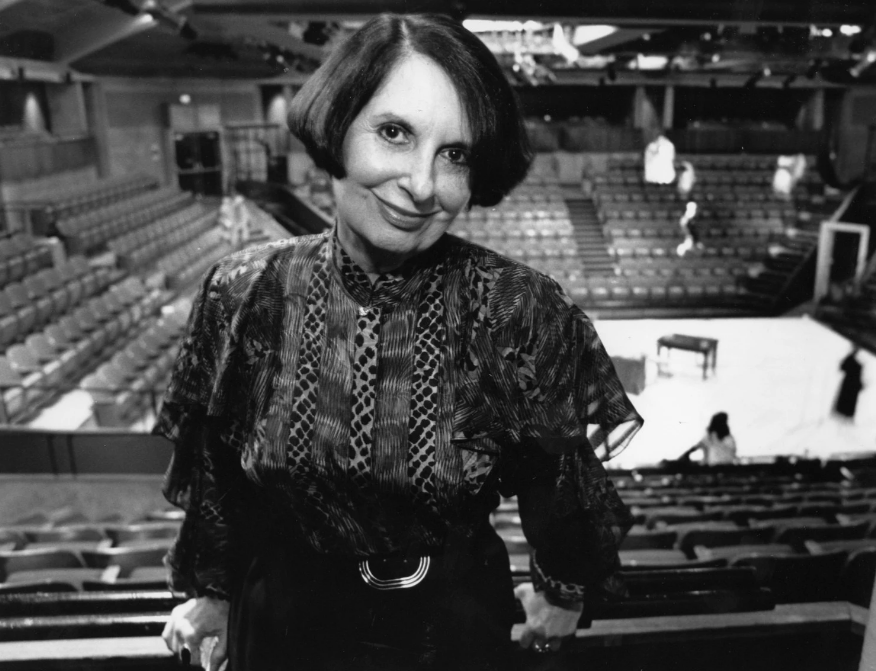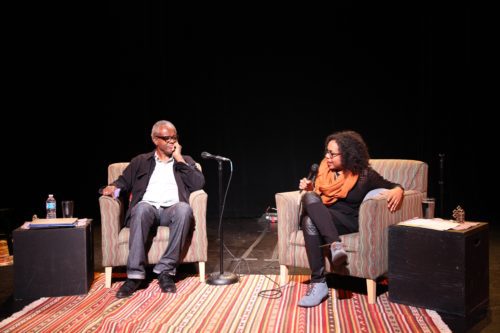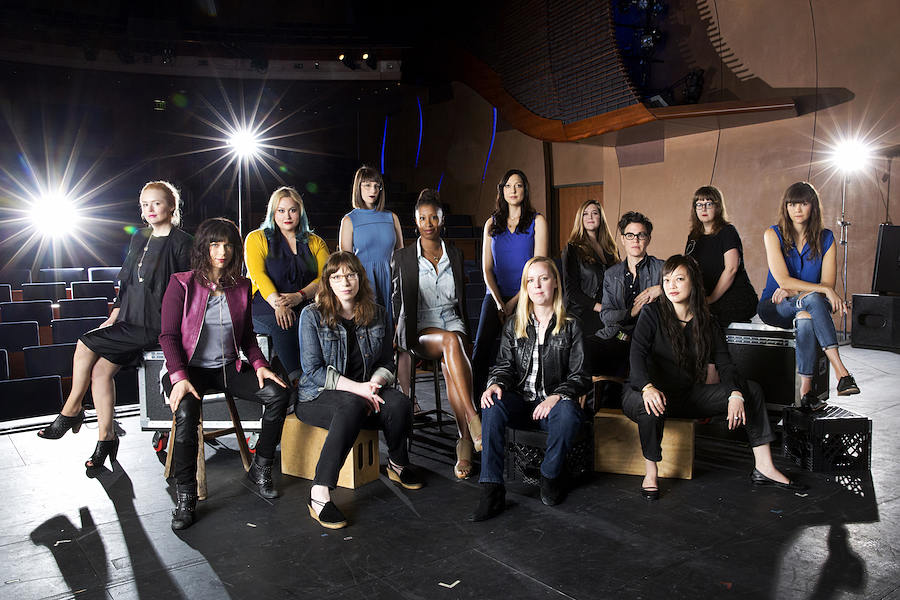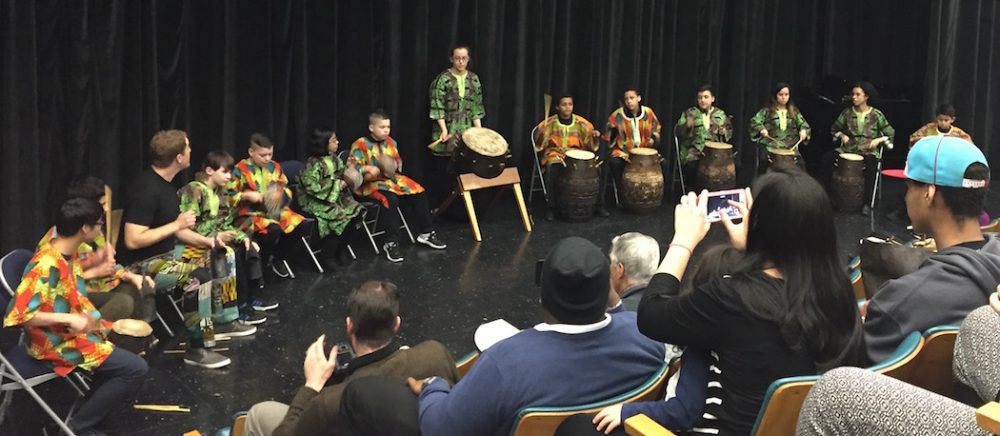Link Roundups feature articles and bits of internet goodness that our dramaturgy team digs up. If you find something you want to send our way, drop us a line on Facebook or Twitter!
♦♦♦♦♦
The Guardian has a post illuminating some of the exploitative work practices in theatre:
It’s not a question of setting those in salaried positions against those who work as freelances. Or indeed those who work in different areas of theatre. Those in administration, stage management and the technical side of theatre may be in a position where, if they don’t like the contract, they can refuse the job because their skills are in demand. But that won’t be the case for many artists and companies in a theatre ecology over-saturated with talent, facing funding cuts and looking to make savings wherever they can. At the recent All Tomorrow’s Theatre event, the refrain was of artists feeling they had to be grateful and not complain about the deals they are offered for fear of not being asked by a venue again. This is “performing gratitude” as Chris Goode described it. “We spend our lives trying not to be too demanding and it doesn’t change anything.”
♦♦♦♦♦
The Nonprofit with Balls blog looks into the new overtime laws:
What we seriously need to discuss is the philosophical and cultural shift that we as a sector needs to make, in light of these new laws. Despite the challenges we will encounter, the new FLSA overtime law is good for the nonprofit sector and thus for our community. It will force us to address some entrenched, destructive philosophies and practices plaguing our sector. I am hoping that the new law will make us realize that:
It is not OK or normal to underpay people. I have written about our need to increase pay in our sector. Well, now we have no choice, so let’s embrace it. One ED puts it, currently “many exempt workers also qualify for food stamps, government subsidies, and can’t afford to live in the city where they work.” This is not acceptable, that so many people in our sector qualify for the services they offer clients. Progress is being made. Another ED says, “My Fiscal staff and I have worked to move us to have no positions on our staff working for an amount that qualifies them for our low-income programs. We are at 96% of that goal.” That’s awesome, though sad that we even have to work for that. We all need to do better.








